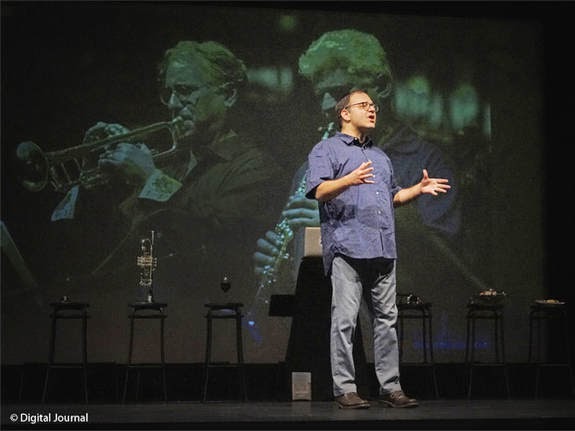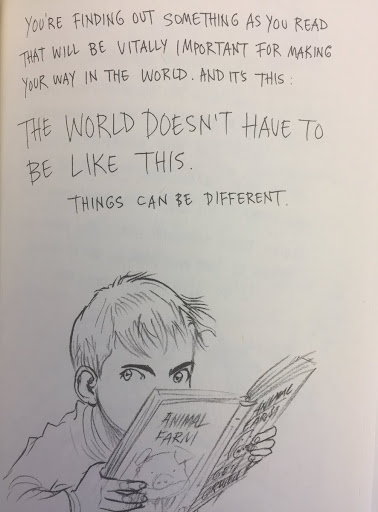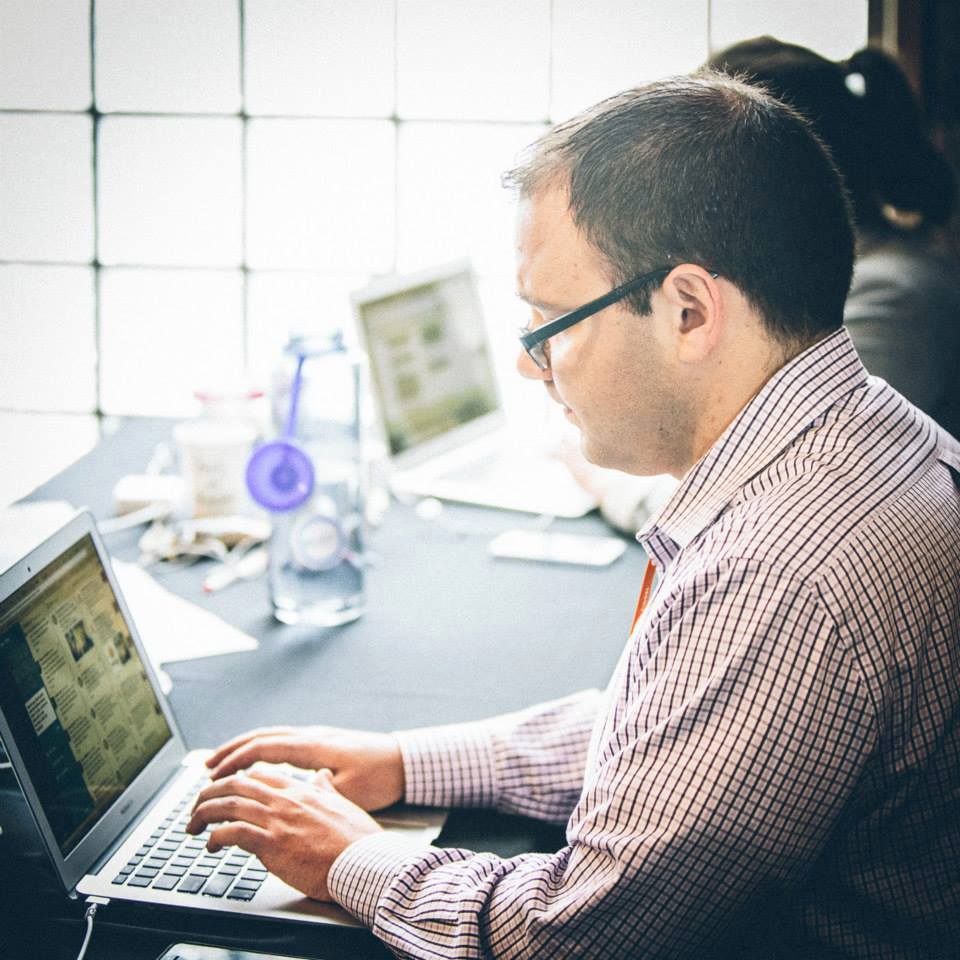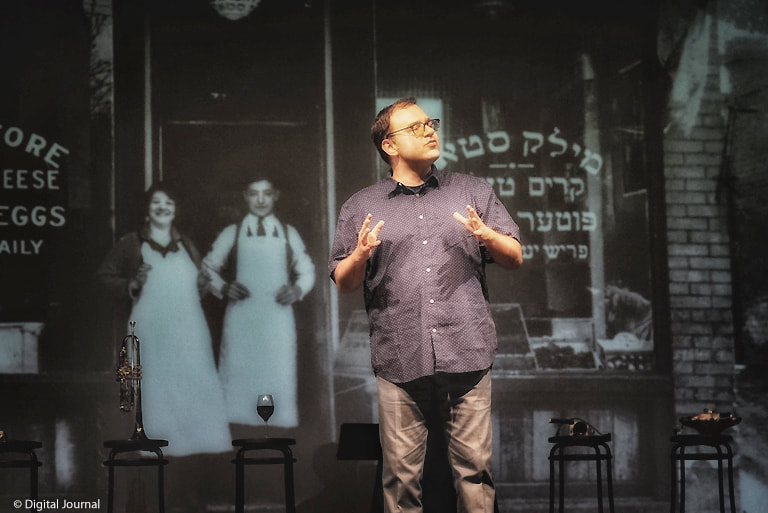This month marks the six-year anniversary of my decision to become a full-time freelance writer. I spent 15 years running a digital news startup, dabbling in freelancing during the latter half of that stint, but ultimately needed to dedicate more time to developing my creative projects. To help support those solo shows, full-time journalism became my sole income source.
After six years of hustling, networking, negotiating, and growing as a full-time freelancer, I wanted to share six critical lessons you may also find valuable in your career. I learned a lot more than the six takeaways below, but these became the more pressing lessons I wanted to pass along to help other freelancers level up their business.
Stay Resilient
One of the easiest things to do when you begin freelancing is give up soon after the second or third rejection. Well, no editor wants my ideas, I’m terrible at this, back to the ol 9-to-5. Ugly thoughts of imposter syndrome and intense self-doubt can fester during this period, which can easily spiral you out of the freelancing game.
But I knew remaining resilient in the face of rejection was the only path forward. I chose the freelance lifestyle for a reason—actually, several reasons, but that’s another post—and I wasn’t going to let a few “We’ll pass” emails sink me into depressive resignation.
Instead, I told myself to find sharper and more intriguing ideas, and to read more to better recognize what makes a strong story. I pitched and I followed up and I pitched and brainstormed. It got exhausting, I’m not going to sugarcoat it and tell you differently. But if you can strain your mental energy towards improving your pitches and developing relationships with editors, success won’t be far off.
ABC…Always Be Curious
Early in my freelancing career I knew I had to keep my journalistic Spidey sense in tune when I was “off the job.” Thing is, journalists are really never completely clocking out; when we hear a friend or colleague talk about a cool trend or unique headline, we perk up. And it’s something I always impress upon my students in my coaching courses: the new ABC is Always Be Curious, a riff of Glengarry Glen Ross’s Always Be Closing monologue.
When writers consistently take off the horse blinders and open their eyes to the world around them, story ideas can appear, like Batman emerging from the shadows (can you tell which movie I saw recently?). One example is how I noticed so many more QR code menus popping up in restaurants and cafes, a sign that the pandemic had ushered in a nascent tech that hadn’t ever become popular before 2020. So I pitched an idea of profiling the resurgence of QR codes to my editor at BBC News and he quickly accepted the pitch and commissioned me to write the feature story.
When you’re curious about why things are the way they are, you won’t be short on pitch ideas to send to editors.
Social Media FTW
Twitter and Facebook and Instagram can all be fantastic platforms for enterprising journalists looking to develop relationships with editors. It just takes time and smart List-creating, so you’re following the right people.
I learned about several calls-for-pitches via Twitter, with one leading to a long-running partnership with BBC News. Recently I started writing for Protocol (which pays $1/word) when I replied to a tweet from an editor asking for business reporters. I wouldn’t have found that job offer elsewhere, not even on LinkedIn. So if there is any platform that is vital for freelance writers to join and use, it’s Twitter, with LinkedIn a close second.
Follow editors and use search terms such as “call for pitches” or #journojobs. Finding the right editor won’t happen overnight. You’ll have to scour through many calls that don’t speak to you, and that’s OK, because you at least can glean what is most urgent for editors around the world. And you never know when your reporting interests will expand over time.
You Don’t Ask, You Don’t Get
Credit goes to my father for this mantra drilled into me as a youth in north Toronto: It never hurts to ask, so why not ask? The worse that can happen is a “no.”
This lesson has served me well when negotiating rates. I used to think that asking for a higher fee would send me into the dog house, but I soon realized editors often expect the question. More often than not, they are willing to meet the terms or at least go half-way.
If I didn’t ask, I wouldn’t get.
Saying No
I wrote an entire post on the subject because I can’t stress it enough: When you’re at a level of success where you can afford to do so, wave good-bye to low-paying ill-fitting jobs where you aren’t reaping any memorable rewards.
As I noted in my post, “I was once offered a project to write copy for an overseas plastics company, contributing primarily for their social media accounts. I have deep experience in this type of writing, but the subject matter didn’t tug at me. Researching and writing about plastics additives aren’t among my top 4 Ps to determine if I accept a project—Passion, Pay, Prestige, Professional Development.
The pay wasn’t head-turning, the prestige was non-existent because my name wasn’t associated with this brand, I wasn’t passionate about the subject, and I wasn’t really exercising any professional muscle I was looking to tone. So I moved on.”
It might send a shiver of fear up your spine when you first consider saying no to a client, but trust me, you won’t regret it. Being confident in your skills and career growth will allay the anxiety you feel about missing a cheque or two. But, remember this is a decision you have to make when you aren’t living hand to mouth so take this advice to heart when you have a few retainer clients that are paying your bills.
Keep Moving Forward
These three words make up a piece of art I have near my couch in my living room. They act as a reminder to never stay status quo, same-old, stagnant. In many areas of my life, I want to keep moving forward, and in my freelance writing skillset that development is incredibly important.
Over the years, I’ve delved into copy writing and establishing relationships with brands, an area I didn’t think I’d be into when I began my full-time freelancing career. Writing for brands felt like the dark side. Only PR folks did that, right?
Wrong. Having a short-sighted view of what I can provide to clients wasn’t going to help me further my career and boost my income, two goals in mind when I sought to take freelancing seriously.
Thanks to the poetry scene, I’m surrounded by artists consistently pushing themselves into new areas of creating art. It’s so damn inspiring. Thankfully, that forward momentum has trickled into what I do as a freelance journalist by urging me to develop new writing skills and even embark on a new venture: running an online 1-on-1 coaching business, which has so far attracted 10 writers seeking to level up their careers. Going entrepreneurial once again has been one of the most fulfilling decisions I’ve made in the past two years.
I’d love to know your reaction and feedback to my six lessons here, so reach out to me via Twitter or LinkedIn, or contact me anytime via this site.





